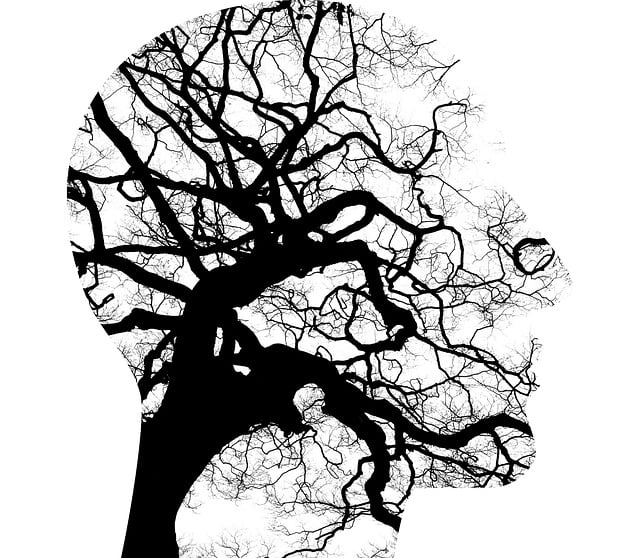Arvada Independent Medical Evaluations Therapy offers detailed risk assessments, providing comprehensive insights into individuals' psychological well-being. Therapists use this data to tailor interventions, proactively identify risks and triggers, and develop effective coping skills. This strategic resilience-building approach, involving community needs assessment, collaboration, and engaging activities, is integrated into existing programs. Continuous monitoring through feedback and assessments ensures program effectiveness, strengthening individual resilience and overall well-being. Success is measured by improvements in mental health awareness and community outreach development, ensuring accessibility and support for mental health discussions.
“Unleash resilience with Arvada Independent Medical Evaluations (AIMEs) as a cornerstone in therapy. This article delves into the transformative power of Resilience-Focus Mediated (RFM) exercises, offering a comprehensive guide for therapists.
We explore the role of AIMEs in identifying individuals’ strengths and weaknesses, serving as a roadmap for tailored RFM implementation. From practical steps to measuring success, this resource equips professionals with tools to enhance clients’ resilience.
Uncover how AIMEs can be the catalyst for positive change, empowering individuals to navigate life’s challenges.”
- Understanding Arvada Independent Medical Evaluations and Their Role in Therapy
- Implementing Resilience Building Exercises: A Step-by-Step Guide
- Measuring Success: How to Assess the Effectiveness of RFM Techniques
Understanding Arvada Independent Medical Evaluations and Their Role in Therapy

Arvada Independent Medical Evaluations play a crucial role in therapy by providing comprehensive risk assessments and contributing to the overall resilience-building process for mental health professionals and their clients. These evaluations go beyond standard diagnostics, delving into intricate details of an individual’s psychological well-being, strengths, and coping mechanisms. By integrating this data into therapeutic strategies, practitioners can tailor interventions to address specific needs, fostering inner strength development.
Moreover, the assessments serve as a valuable tool for identifying potential risks and triggers, enabling therapists to implement effective coping skills development techniques. This proactive approach ensures that clients are equipped with the necessary tools to navigate challenges, enhancing their resilience. In essence, Arvada Independent Medical Evaluations facilitate a more nuanced and personalized therapy experience, ultimately supporting individuals in building mental fortitude.
Implementing Resilience Building Exercises: A Step-by-Step Guide

Implementing Resilience Building Exercises involves a structured approach to foster mental well-being and cope with challenges. Here’s a step-by-step guide for organizations aiming to incorporate such exercises, leveraging resources like Arvada Independent Medical Evaluations Therapy. Firstly, assess your community’s needs through surveys or focus groups, identifying specific stressors and vulnerabilities. This data informs the design of tailored resilience programs that resonate with participants.
Next, collaborate with mental health professionals and community leaders to develop engaging activities focusing on coping mechanisms, stress management, and reducing the stigma associated with mental illness. Incorporate these exercises into existing Community Outreach Program Implementation strategies. Regularly monitor progress through feedback sessions and assessments, ensuring the program meets its goals. By consistently practicing resilience-building techniques, individuals can strengthen their ability to navigate life’s challenges, leading to enhanced overall well-being.
Measuring Success: How to Assess the Effectiveness of RFM Techniques

Measuring success is a vital component when implementing resilience-building exercises (RFM) through Arvada Independent Medical Evaluations Therapy. The effectiveness of RFM techniques can be assessed by tracking improvements in participants’ mental health awareness and overall well-being. This involves comparing pre-and post-intervention surveys, which gauge individuals’ perceptions of their coping abilities, stress management skills, and emotional resilience.
A successful RFM program should demonstrate enhanced community outreach and public awareness campaigns development, as these initiatives foster a supportive environment for mental health discussions. By measuring the reach and engagement of these campaigns, we can ensure that the RFM techniques are not only impactful but also widely accessible, ultimately contributing to a healthier and more resilient community.
Arvada Independent Medical Evaluations play a pivotal role in therapy by providing comprehensive assessments, offering valuable insights into an individual’s resilience and vulnerabilities. Implementing Resilience-focused exercises (RFM) as guided in this article can significantly enhance therapeutic outcomes. By measuring success through consistent evaluation, therapists can tailor RFM techniques to each client’s unique needs, fostering growth and improving overall well-being. Integrating these strategies into therapy sessions equips individuals with the tools to navigate challenges, promoting resilience and long-term mental health.













